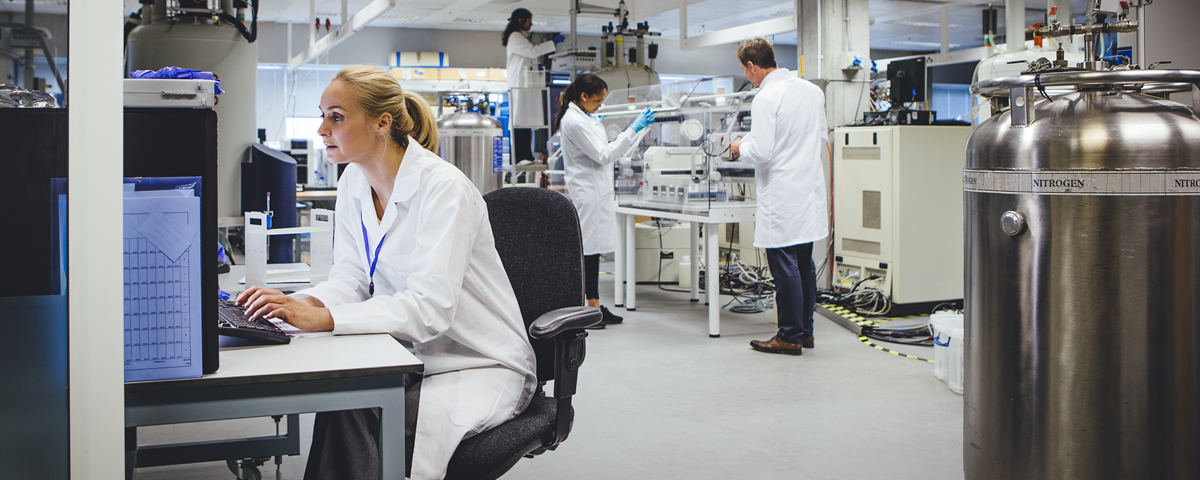The pharmaceutical industry is facing some major changes. Technological advances to data collection have made processes faster and presented new opportunities for diagnosis and development, while an evolving regulatory landscape presents the chance for greater collaboration between doctors, patients and pharmaceutical companies.
So what will this new, tech-led sector look like? Robin Robinson for PharmaVoice writes that the Life Sciences industry should “reinvent itself into a real-world, value-based — as opposed to a volume-based — ecosystem”.
How do the experts suggest your company should react?
• Products must add value
Rather than a one-size-fits-all approach, informed patients are now seeking out options and requesting a more bespoke approach to their treatments. As such, consumer brands will need to create products which add value to their customer’s lives.
“The industry has traditionally focused on intermediaries as its customer, stopping short of engaging the patient in an ongoing dialogue,” explains Cynthia LaConte, CEO of Dohmen Life Science Services.
Developing at-home medical treatments, wearable or app-based technology and flexible, cloud-based communication with medical professionals could be key going forward.
• Changing the way we research
Cognitive computing, machine learning, artificial intelligence… under many monikers and with subtle differences, the concept of computing systems which can analyse large amounts of data is set to revolutionise the sector.
It can find patterns in genome sequencing or identify tumours from imagery, recommend treatments and establish their effectiveness. And considering the amount of medical data being produced, it sounds like we couldn’t do without their help.
“The amount of health information generated is only going to increase in volume beyond anyone’s imagination. There are more than 700,000 new articles published each year and the amount of medical literature generated doubles every three to five years,” writes Robinson.
• Developing medical technology
Deloittes’ paper 2017 Global Life Sciences Outlook predicts the Global medical device and technology (MedTech) market to grow at a compound annual growth rate of 5.3% leading up to 2020. The key areas driving this growth? Deloittes lists the development of minimally invasive devices, in vitro diagnostics and sensor technology as major players. It predicts that within 20 or even 10 years, the vast majority of devices will have embedded sensors.
Keeping up with the pace is key for achieving sustainability, argues Robert Merkel, healthcare and life sciences leader at IBM Watson Group. “Separating success from failure is an organisation’s ability to create game-changing insights and then being flexible enough to adopt a new business model,” he says.
If you are utilising new technology, developing new products or changing your processes, you may need to inform your insurer. For more information, call Safeguard on 08456 888 284 or email sales@safeguardinsurance.co.uk to talk to our team.

